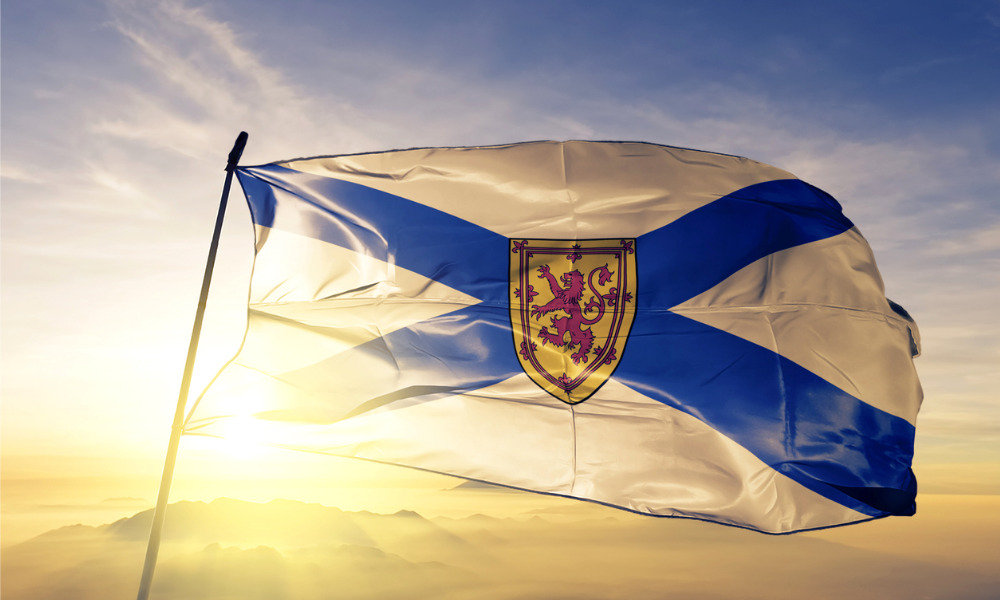
Applicants include justice organizations like BC Civil Liberties Association, Nova Scotia Legal Aid

The Mass Casualty Commission has released on May 13 its decision on the applications for participation (standing), which names those who will be involved in all or part of the commission’s work and which marks the commission’s first public proceeding.
The commission is an independent public inquiry established to investigate the events of the mass casualty in Nova Scotia on Apr. 18 and 19, 2020 and to offer meaningful recommendations to better protect Canadians in the future. It is prioritizing working together with those most impacted by the mass casualty and building its team and its process within COVID-19-related protocols, said a news release.
The commission, which called for participants in March, received applications from over 60 interested individuals and groups. The commission asked the applicants about their connections to the mass casualty’s events or about their knowledge and experience relevant to the commission’s mandate, which covers investigating the events leading up to and during the incident, policing, community safety and violence.
The commission then applied the substantial and direct connection test to determine whether the applicant should be considered a participant. The commission’s counsel will engage with all participants to help inform the commissioners’ determinations regarding the extent of their participation.
The form of participation, which varies, may involve dealing with a specific area of the commission’s mandate, participating across an array of proceedings, testifying under oath, communicating in roundtable discussions, giving expert reports and opinion evidence and contributing while grouped in coalitions.
The participants listed in the news release include those who are most affected and who have stated their intention to be involved, comprising 15 families of the deceased and 12 individuals, and 11 other individuals from whom the commission needs more information and who can explain via written submissions how they intend to participate.
Group applicants include justice organizations such as the BC Civil Liberties Association, the East Coast Prison Justice Society Coalition and Nova Scotia Legal Aid; victim advocacy organizations; health-related organizations; firearms organizations; gender-based organizations; and police-related organizations.
The commission noted that members of the public not classified as participants may still be involved in the commission’s efforts, including through attending community sessions and other public proceedings, for which the commission will arrange virtual broadcasts as much as possible, and through staying apprised regarding the progress of the inquiry through the commission’s website and through social media.
Moving forward, the commission plans to engage with those most affected by the mass casualty, to conduct research and policy work, to finalize the Rules of Practice and Procedure and to arrange public proceedings, with all these activities abiding by pandemic-related restrictions.